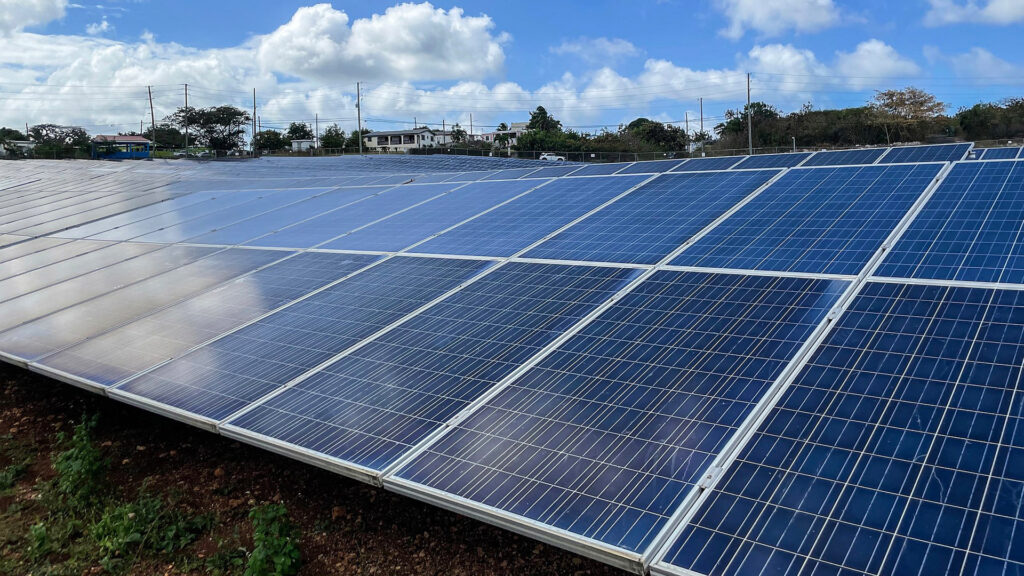A roundup of news items related to climate change and other environmental issues in Florida:
Florida municipal utilities to get more solar power via sites in Levy, Putnam counties | News Service of Florida

The Florida Municipal Power Agency said Wednesday it is moving forward with a plan to add six solar-energy “farms” that will supply power to 20 municipal utilities throughout the state.
The first part of the plan will involve adding sites in Putnam and Levy counties that will generate nearly 150 megawatts of energy. The Putnam County site is expected to be finished by the end of 2023, while the Levy County site is slated for 2024, according to the agency, which is an electricity wholesaler for municipal utilities.
The second part of the plan involves adding four sites in Columbia, Levy and Bradford counties in 2025 and 2026. The announcement Wednesday is part of a project that includes already-operating solar sites in Orange and Osceola counties.
‘It was insane’: Hunters capture longest Burmese python ever recorded near Naples | Fort Myers News-Press
Hunters in south Florida caught the largest Burmese python ever measured, and the lengthy beast is currently being examined at the Conservancy of Southwest Florida in Naples.
The 19-foot python was caught in the Big Cypress National Preserve in eastern Collier County early Monday morning.
“I knew we were capable of it but I didn’t know it would happen,” said Naples hunter and Ohio State University student Jake Waleri. “Last year my cousin and I caught a snake that was almost 18 feet long, and we realized we could handle a snake of that size.”
Got a smart way to recycle seaweed? Miami-Dade wants to bankroll innovative ideas | Miami Herald
Those brown globs of rotten-egg-smelling sargassum may be taking a fortunate hiatus from sliming South Florida beaches but the seaweed will be back — if not this summer, then the one after, and so on.
Next time, Miami-Dade wants to turn all that excess seaweed into an entrepreneurial windfall. How? Well, that’s still an unanswered and potentially valuable question.
Can we eat it? Feed it to critters? Burn it for energy? Use it in beauty products? The county, with backing from donors, is dangling big checks to companies that can bring the best ideas for how to put the abundant resource to use.
If you have any news items of note that you think we should include in our next roundup, please email The Invading Sea Editor Nathan Crabbe at ncrabbe@fau.edu. Sign up for The Invading Sea newsletter by visiting here.



